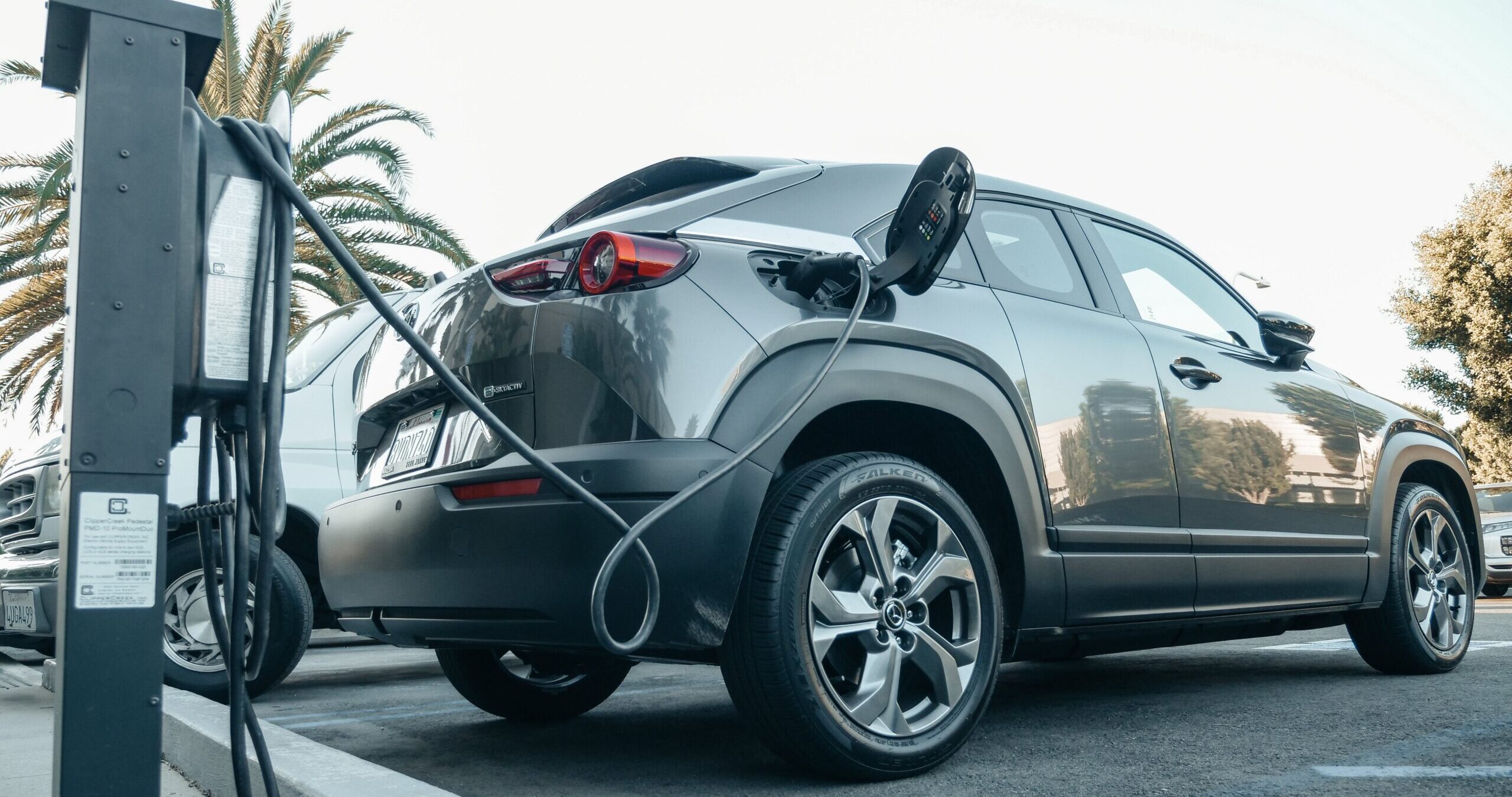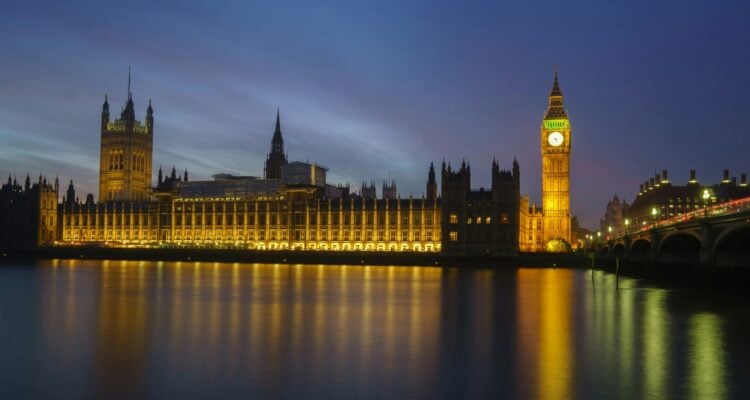Last week, 20th November 2024, Transport Secretary Louise Haigh and Business and Trade Secretary Jonathan Reynolds hosted a roundtable with automotive and charging industry leaders to discuss the transition to electric vehicles and the ZEV Mandate.
A Government spokesperson at the time, said: “Ministers from across Government have met with automotive sector and industry representatives to discuss the transition to electric vehicles, and how the Government can support continued growth of the sector.
“Recognising the global challenges the industry has been facing, ministers underlined the Government’s commitment to working constructively and in close partnership with the sector as we support the transition to electric vehicles by 2030.
“The UK automotive sector now has the fastest growth of zero emission vehicles of any major European market, and we’re providing more than £2.3 billion to support industry and consumers in making the switch, with 57 new public electric vehicle chargers added on average each day.

Photo by Kindel Media: https://www.pexels.com/photo/gray-electric-car-parked-on-a-charging-bay-9800006/
“We are committed to reinstating the 2030 phase out of cars solely powered by internal combustion engines and the delivering the ZEV transition in a way that also supports UK economic growth.”
Following this meeting, Business Secretary Jonathan Reynolds confirmed there would be a consultation on the so-called zero emissions vehicle (ZEV) mandate to give the car industry “clarity” in the coming weeks.
Paul Hollick, chair, AFP, said: “It has become clear that, however well-meaning its intentions, the ZEV Mandate needs to change, and it is good news that the government has recognised this fact relatively soon after being elected and appears to be taking the issue seriously. It is also positive that the consultation announced by Jonathan Reynolds last night will be concluded quickly.
“However, the real test of the government will lie in the changes that it chooses to make. From a fleet point of view, we believe that while the car element of the ZEV Mandate requires some moderation, vans are the real issue. Electric van sales have been flatlining at around 5% for over a year and the reasons for this are that the practical limitations of the available models – range, payload, charging facilities – make them unsuitable for many operators.
“Because of these factors, we’re in a situation where, no matter what percentage of new vans manufactured are electric, large numbers of our members are planning to stick with their existing diesel vans for the foreseeable future. Making fleets hang onto older, more polluting vehicles for longer is obviously not what the government intends.
“It’s potentially a concern that the government says it remains fully committed to the 2030 deadline for ending pure petrol and diesel sales because there will probably need to be some flexibility, even if just around the definition of hybrids. Fine tuning the ZEV Mandate probably won’t improve the overall situation. Instead, more direct, radical action is needed if we’re to avoid more factory closures of the type announced by Stellantis today.”
Fiona Howarth, CEO of Octopus Electric Vehicles, said: “The government has two clear aims – to keep rolling out clean electric cars, and make many of them. The ZEV mandate is working – sales are up by 14%, and every second driver today wants their next car to be electric.
“EVs are already six times cheaper to run than petrol cars for those with a driveway, and private investors have committed £6bn to further strengthen the public charging network.
“Manufacturers that failed to invest in the future are now facing challenges. To secure long term jobs in the sector, the government must hold firm on the ZEV mandate and invest in targeted support for manufacturers committed to the electric transition and jobs in the UK.
“Changing the mandate would mean shooting ourselves in the foot by bowing to the pressure of a few laggard companies.”
Dominic Phinn, Head of Transport at Climate Group: “As the UK Government launches its ZEV Mandate consultation, policymakers need to ask themselves a simple question: are they prepared to risk the incredible progress the UK has made in moving towards a cleaner, more sustainable transport system?
“Any changes to this world-leading legislation will seed uncertainty among businesses – threatening investments, business cases, and the clear and confident path so many companies across the country have put themselves on.
“There is absolutely no need for a relaxation. Contrary to intense lobbying from a small number of carmakers over recent weeks and months, demand for EVs is strong and growing. While sales of petrol and diesel cars are stalling, EV sales now account for 18 percent of the global market. The country’s leading companies need both the volume and the variety of models the ZEV Mandate guarantees, as do British drivers who deserve their next car to be electric.”
Liam Griffin, CEO at Addison Lee, said: “The planned watering down of the ZEV mandate is clear evidence that the electric vehicle (EV) market is not where it needs to be, creating further pressures for fleet operators considering the shift to electric.
“Today, it still costs businesses significantly more to invest in EVs than ICE vehicles, with added uncertainty caused by an unreliable charging network.
“That’s why the Mayor of London must extend the congestion charge exemption (CCZ) for EVs. As the last remaining incentive for fleets, the Mayor has a vital opportunity to support businesses with the transition, until the market share of EVs increases.”
Asif Ghafoor, CEO of national charging network Be.EV, said: “The Government has to hold its ground and stick to its ambitious and bold strategy that the industry needs to see at the moment.
“The cold reality is, the car industry needs to face up to the challenge – and to do so with conviction. The world is going through a major industrial shift, and no one ever said it was going to be easy.
“The Zero Emissions Vehicle mandate may be painful for manufacturers, but it’s working as designed. Drivers nationwide are making the switch to cleaner, cheaper transport, which is ultimately bringing down the country’s emissions and air pollution.
“Everyone involved needs to realise that it’s not just about reaching net zero – it’s about saving lives as well. Roughly 36,000 people die every year as a direct result of air pollution, and over half of the UK’s domestic vehicle emissions were as a result of cars.
“Government policy around the world, and consumer spending has set the direction of travel. The industry needs to buck up its ideas. If their EV strategy isn’t working, perhaps it’s time they rethink it.”
Dominic Phinn, Head of Transport at Climate Group, says: “We strongly support the UK Government’s decision to hold the line on the ZEV Mandate against coordinated, last-minute lobbying efforts by a small number of companies. The strong show of corporate support we’re seeing for the legislation – from across sectors and the country – demonstrates just how important leading British companies think the Mandate is to deliver their own electrification targets, decarbonise Britain, and build a greener economy. There is absolutely no justification for tinkering with the ground-breaking tool that has put the UK in the fast lane of the global EV transition. Carmakers face a simple choice: scale up EV manufacture now and seize a huge economic opportunity – or be left behind by those who do.”
Fiona Howarth, CEO of Octopus Electric Vehicles, comments: “The ZEV mandate is doing what it was intended to do, and tampering with it risks undermining investment in a massive growth industry.
“Demand for EVs is rising, not just in the UK but globally. Every second driver in the UK today wants an EV, and we need to ensure we can deliver them.
“Whatever mechanisms are considered to support UK employers during a transitioning market must not impact the legislation that investors rely on. Legislation must be bankable to deliver a key government objective to crowd in private investment.”



















